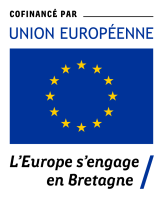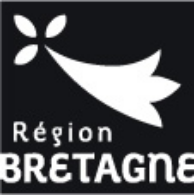
SEABER:
- AUV Design
- Navigation

The MONITOR project aims to combine the deployment of a fleet of four underwater micro-AUVs, each carrying a measuring instrument collecting a particular type of data.
The aggregation of these measurements will provide a virtually exhaustive overview of marine biodiversity, soundscapes, pelagic species distribution and benthic habitat structure.
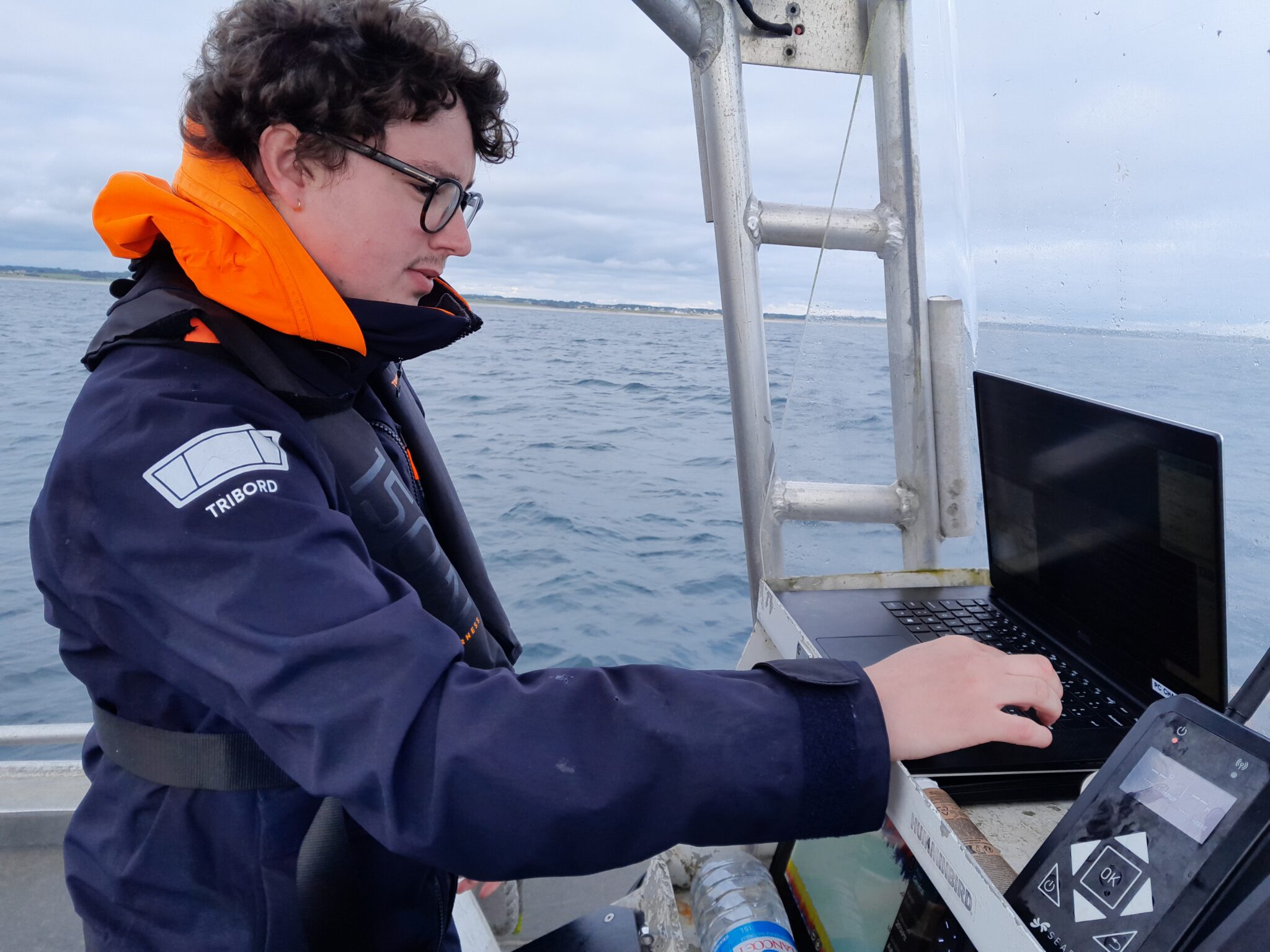
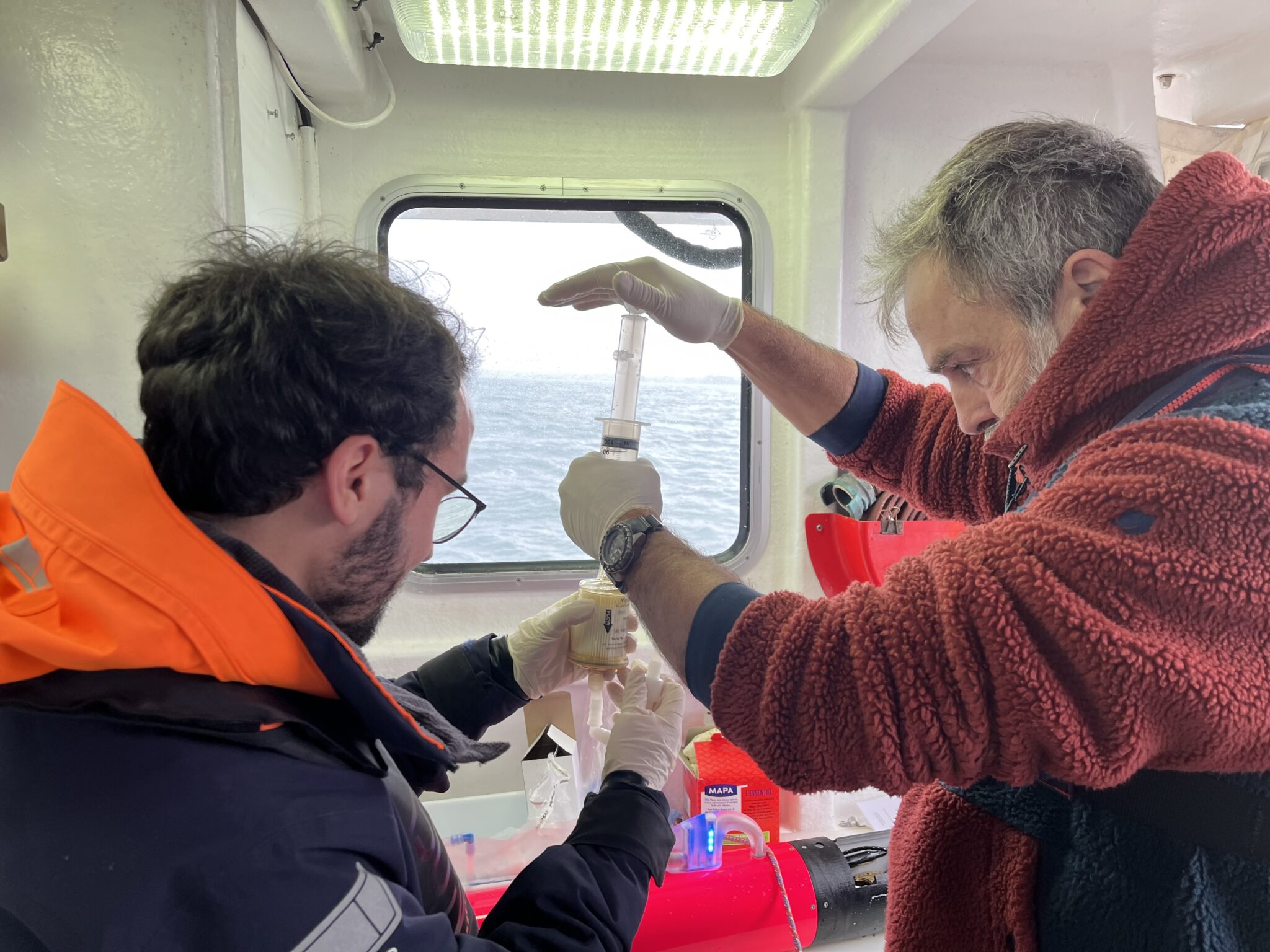
YUCOs are already the focus of particular attention at CNRS, so promising is this tool for democratizing sophisticated, spatialized measurements.
They will be an addition to the spot surveys carried out by coastal observatories.
They open up the possibility of new types of environmental studies, with new sensors on board: eDNA collectors or echo sounders with integrated image interpretation.
They reduce measurement acquisition costs.
They reduce the cost of measurements by a further 50%, by requiring fewer resources for deployment at sea (semi-rigid boat, beaching, manual launch by a single operator).
They reduce the risk at sea, since the loss of a drone only involves the loss of a single sensor worth no more than €50,000, and the rest of the campaign can continue.
They simplify the data acquisition process by enabling drones to be used simultaneously or sequentially.
They democratize the use of AUVs, making them easy to use thanks to their design and interfaces.
Sea trials have been hold by all the partners during several missions in Brest and Groix in Brittany.
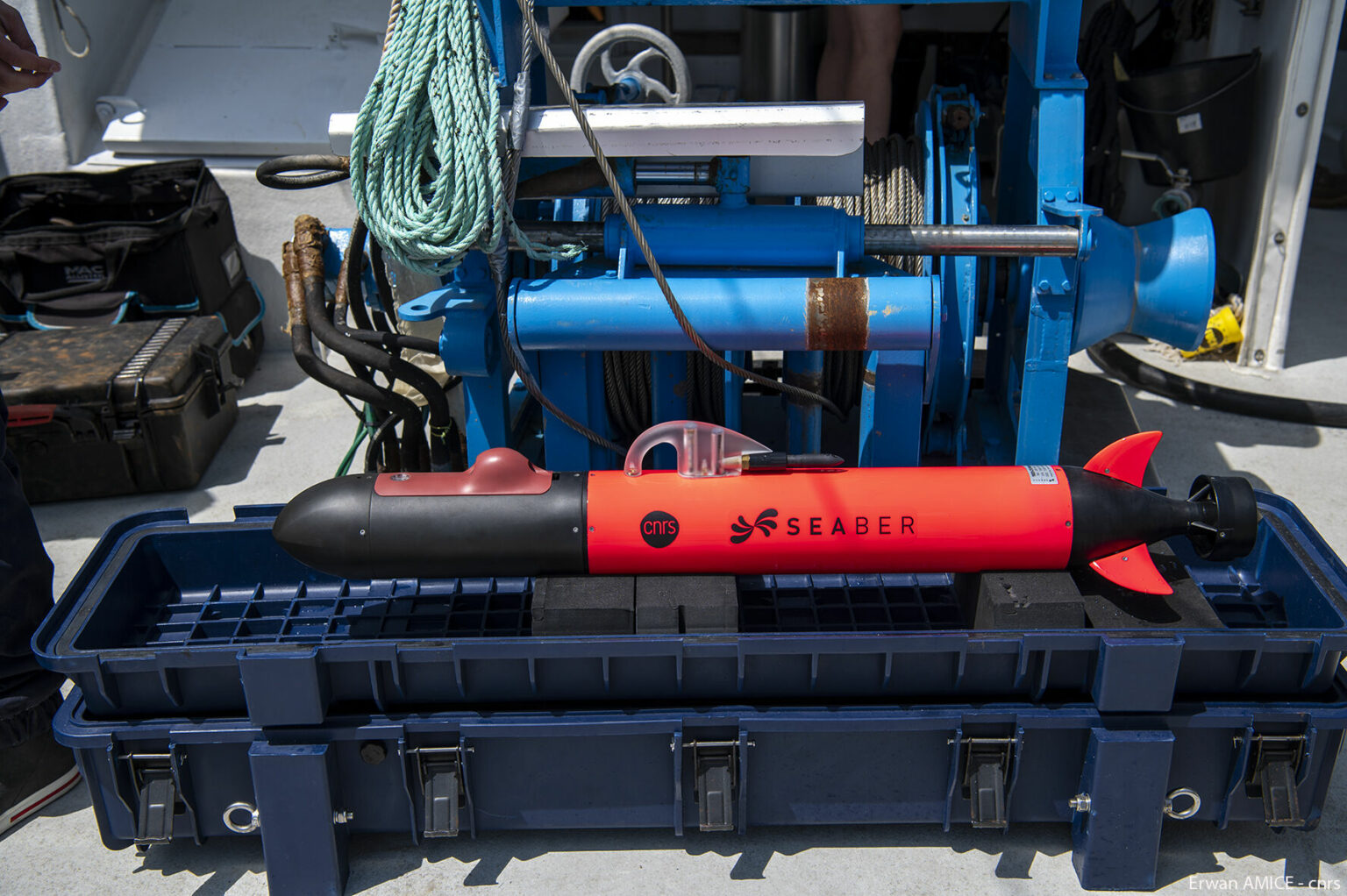
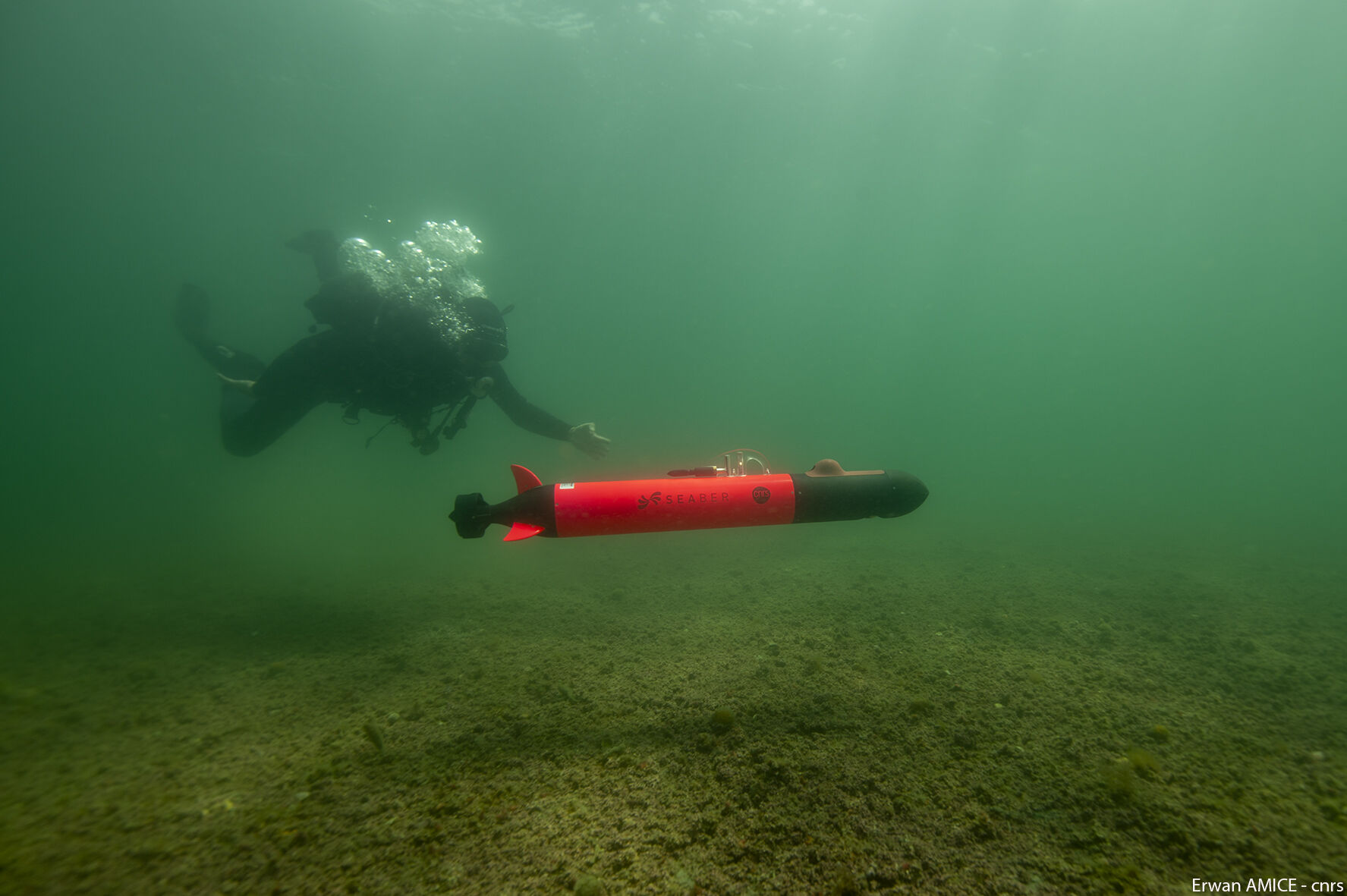



This project is co-financed by the European Union and La Région Bretagne.
